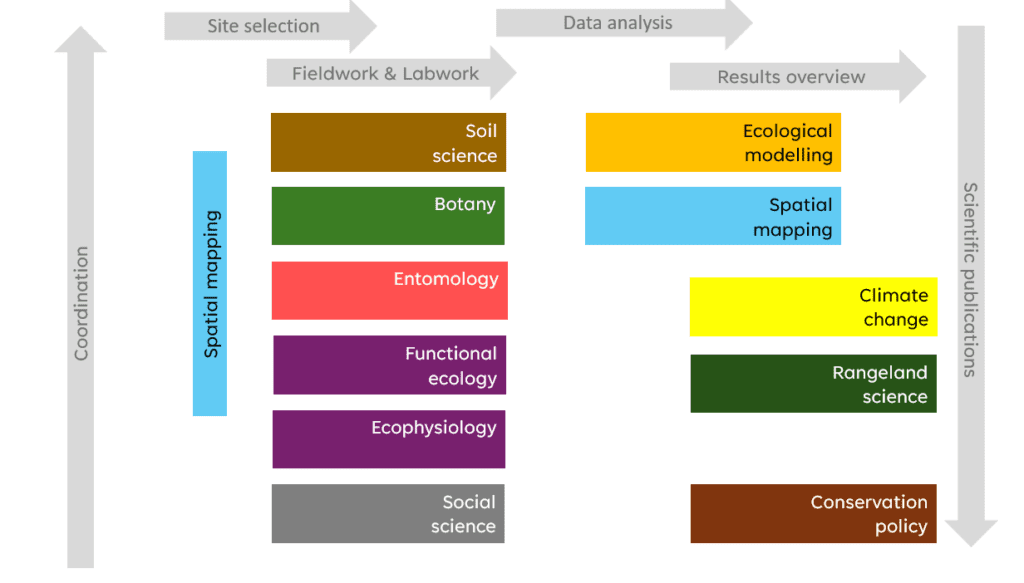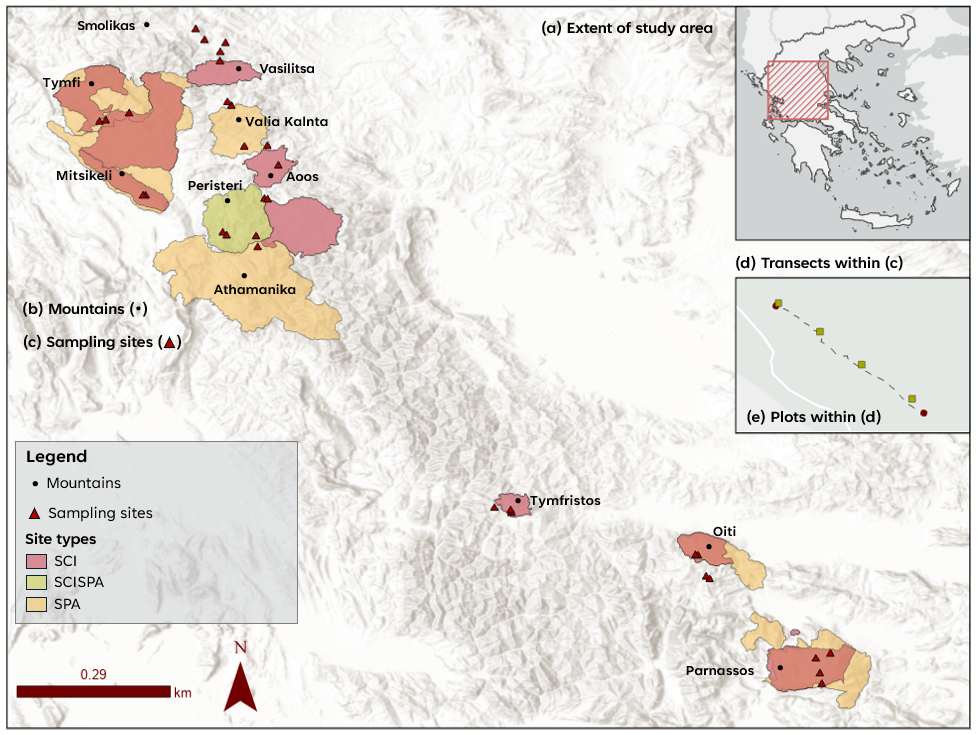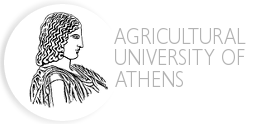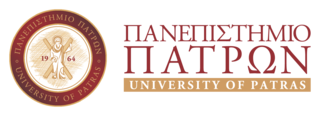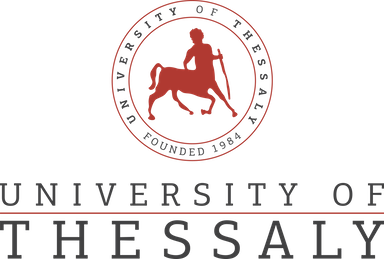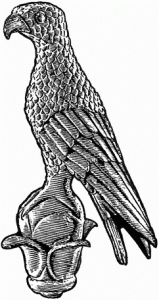
LIVEMOUNT
Project info




Principal Investigator
Prof. Vassiliki Kati (UOI)
Personal CV link: https://bc.lab.uoi.gr/en/who-we-are/vassiliki-kati/
Institute link: https://bc.lab.uoi.gr/en/, https://uoi.gr/en/
Partners
Assoc. Prof. Giorgos Fotiadis (AUA)
Personal CV link: https://www.researchgate.net/profile/Georgios-Fotiadis-2
Institute link: http://votaniki.gr/, https://www2.aua.gr/en
Asst. Prof. George Adamidis (UP)
Personal CV link: https://www.researchgate.net/profile/George-Adamidis-2
Institute link: https://www.upatras.gr/en/
Prof. Michalis Vrachnakis (UTH)
Personal CV link: https://www.researchgate.net/profile/Michael-Vrahnakis
Institute link: https://www.uth.gr/en
Research Team
University of Ioannina:
Asst. Prof. Charilaos Yotis, plant biologist
Dr. Konstantina Zografou, entomologist
Dr. Olga Tzortzakaki, entomologist
Dr. Haritakis Papaioannou, conservation biologist
Dr. Christina Kassara, GIS expert
Dr. Maria Petridou, conservation biologist
Konstantina Nasiou, biologist, PhD student
Apostolis Stefanidis, biologist, PhD student
Niki Evaggelopoulou, economist
Effrosyni Varoucha, biologist, field assistant
Agricultural University of Athens:
Asst. Prof. Dimitrios Zianis, remote sensing expert
Stefanos Profitis, forester, MSc student
University of Patras:
Ioanna Nanopoulou, environmentalist, PhD student
University of Thessaly:
Assoc. Prof. Yannis Kazoglou, agronomist/rangeland scientist
Prof. Nikolaos Gougoulias, soil scientist
Dimitrios Oikonomou, agronomist, PhD student
Pinelopi Alexaki, economist, scientific staff
Goal
Research questions
- How will mountainous plant and insect communities respond to increasing climate stress along with ongoing alterations to livestock grazing pressure?
- How does livestock grazing, and aridity affect ecosystem service delivery, such as carbon sequestration, nutrient recycling, water retention and insect pollination, in the mountainous grasslands?
- What is the current grazing capacity of the mountainous grasslands and what will their future potential to sustain livestock food production under climate change be?
- How can new scientific evidence help address societal and policy barriers to adopting sustainable solutions?
Disciplines
Livemount is a multidisciplinary project, involving 11 scientific fields: soil science, botany, entomology, functional ecology, ecophysiology, social science, ecological modelling, spatial mapping, climate change, rangeland science and conservation policy.
Study area
The project focuses on montane grasslands in the Pindos Mountain range, spanning nine mountains (Natura 2000 network).To study the effect of intensive grazing and aridity on functional and taxonomic diversity, we selected 32 sites above tree line (from 1,470 up to 1,850 m) without tree cover, maximizing the gradient range of pasture quality (Leaf Area Index difference) and humidity (mean Normalized Difference Infrared (Moisture) Index) accounting for the past five years. We then defined the stocking density (in terms of Livestock Units per ha) per site through targeted interviews with livestock farmers.
Target taxa
We selected three taxa – vascular plants, grasshoppers and butterflies – that capture different trophic and functional facets (e.g. biomass production, nutrient cycle, pollination), are sensitive microclimatic indicators and highly responsive to grazing regime change.
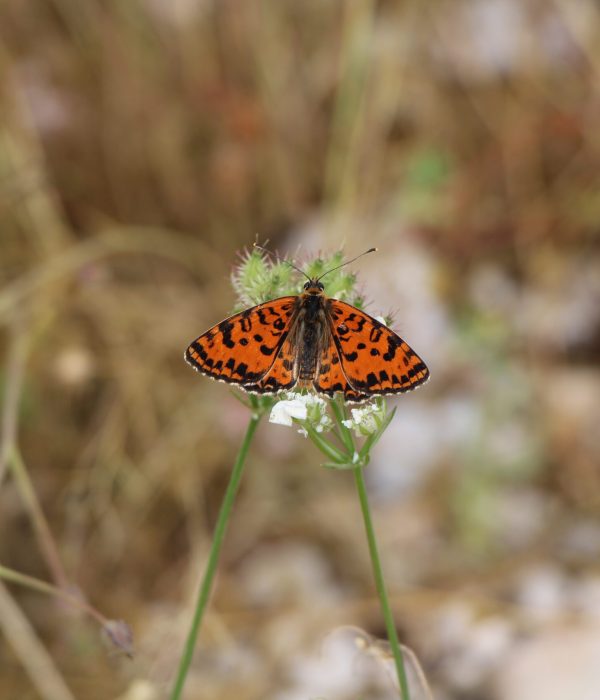
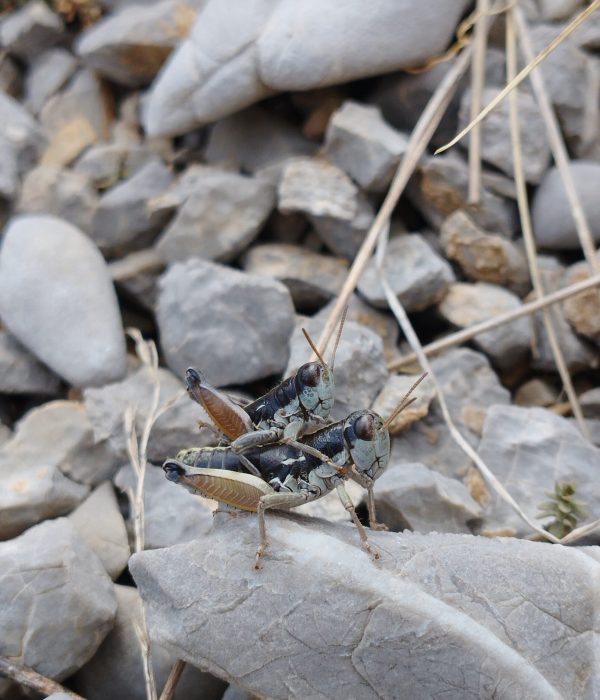
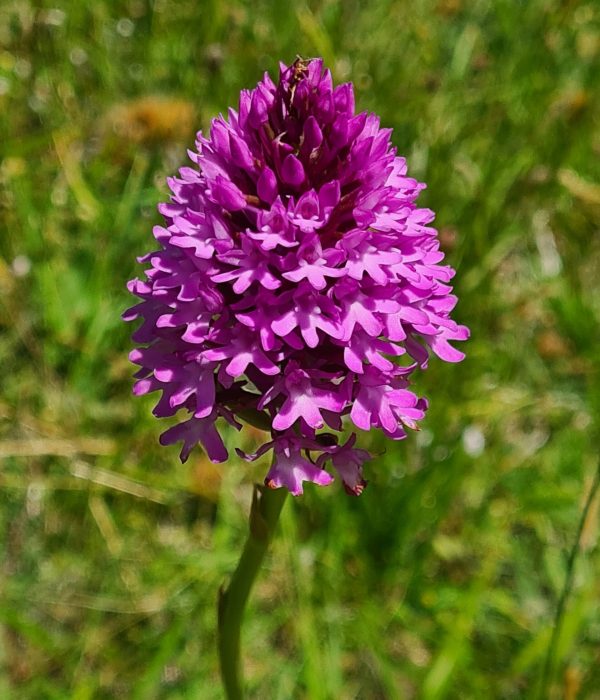
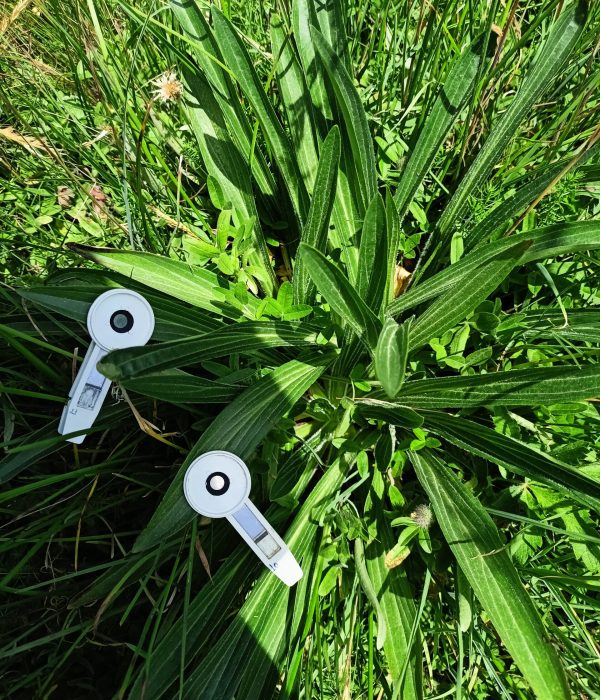
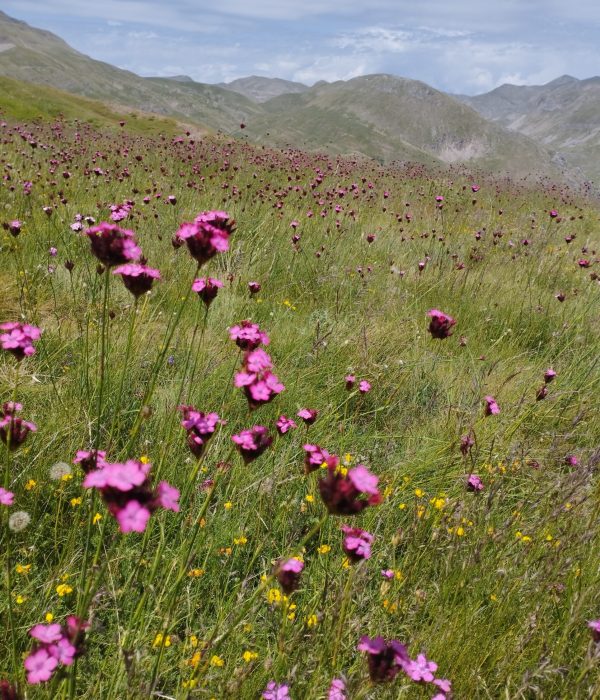
Methodology
We performed nested sampling, recording all taxa and measurements within a 300x100m site range. Butterflies were recorded within one transect (300x5m) per site, while grasshoppers, plants and microhabitat parameters were recorded within quadrats of 5 m length and 5 m width. Each butterfly transect included four quadrats, positioned at 0, 100, 200 and 300 m along its length. Plant functional traits and plant infestations were measured within two and four quadrats (5x5m), respectively, per transect. The above-ground biomass (grazing capacity) was collected in three 0.5×0.5m plots per quadrat and soil properties were collected as 4 samples per transect. Plant ecophysiological characteristics were measured in 2-4 quadrants per site. Butterfly and microhabitat sampling spanned three seasonal visits.

Results
|
Category |
Sampling area |
Area (m2) |
Number |
Sites |
Visits |
Total samples |
Species |
Counts |
Units |
|
Butterflies |
T-Transect |
1500 |
1 |
32 |
3 |
96 |
104 |
3393 |
Individuals |
|
Orthoptera |
Q-Quadrat |
25 |
4 |
32 |
1 |
128 |
47 |
3090 |
Individuals |
|
Plants |
Q-Quadrat |
25 |
4 |
32 |
1 |
128 |
227 |
2680 |
Individuals |
|
Microhabitat parameters |
Q-Quadrat |
25 |
4 |
32 |
3 |
384 |
/ |
14 |
Parameters |
|
Functional plant traits |
Q-Quadrat |
25 |
2 |
32 |
1 |
64 |
46 |
408 |
Functional traits |
|
Plant infestations |
Q-Quadrat |
25 |
4 |
32 |
1 |
128 |
53 |
3496 |
Number of infestations |
|
Grazing capacity |
P-Plot |
0.25 |
12 |
32 |
1 |
384 |
/ |
/ |
Above-ground biomass |
|
11 soil parameters |
/ |
/ |
4 |
32 |
1 |
128 |
/ |
/ |
Soil samples |
|
Ecophysiology |
Q-Quadrat |
25 |
2 up to 4 |
32 |
1 |
74 |
49 |
956 |
Photosynthesis/stress measurements |
|
Stocking density |
Site |
250000 |
1 |
32 |
1 |
32 |
/ |
55 |
Interviews |
